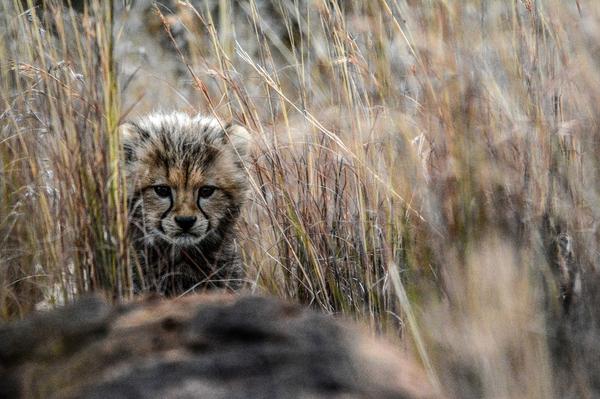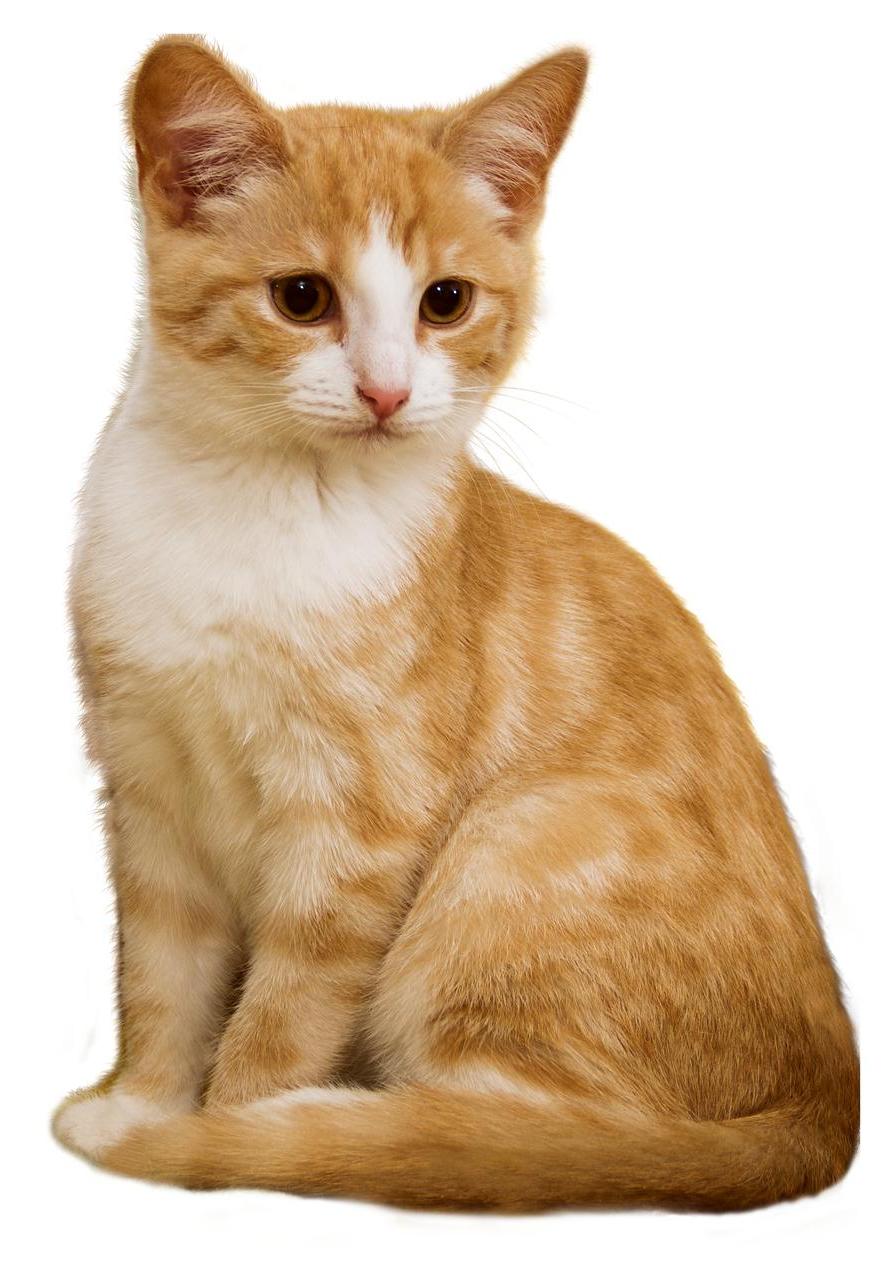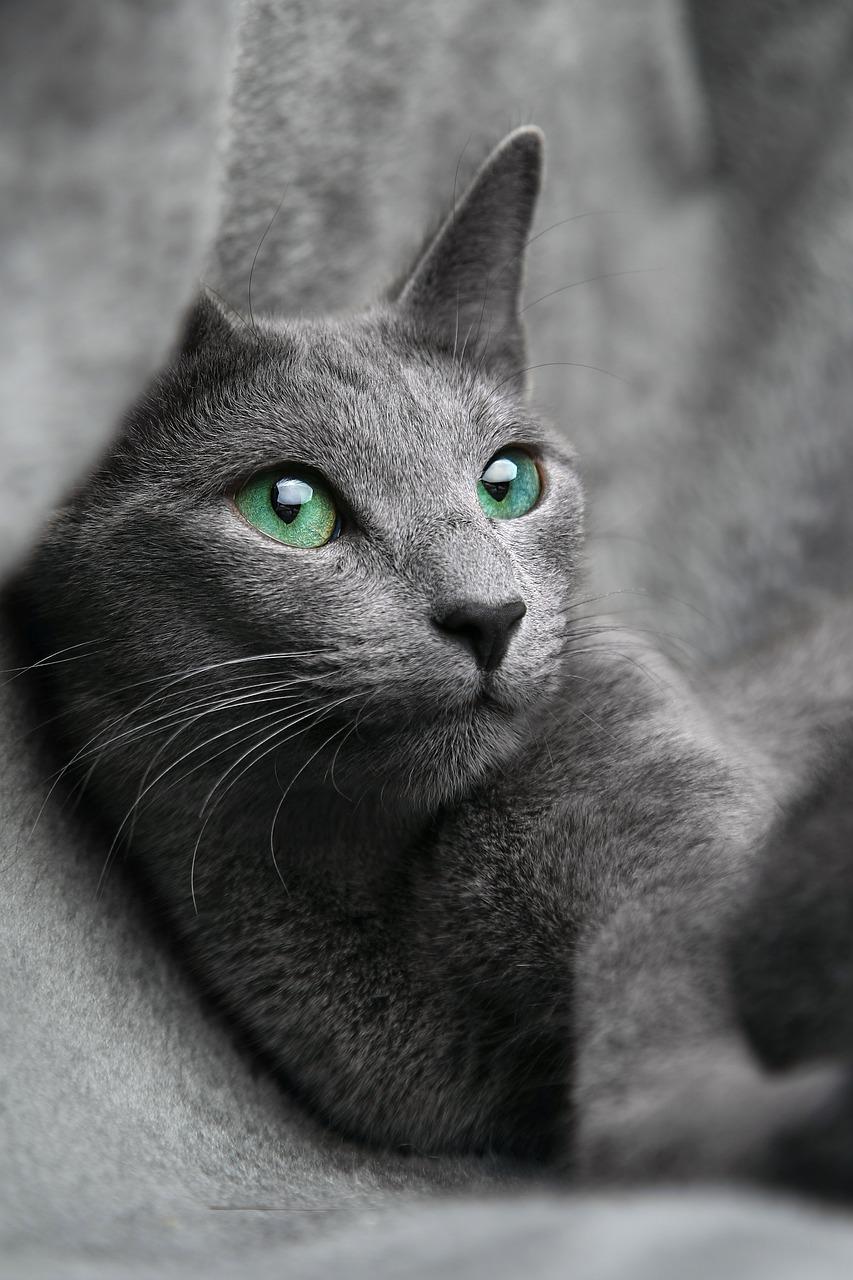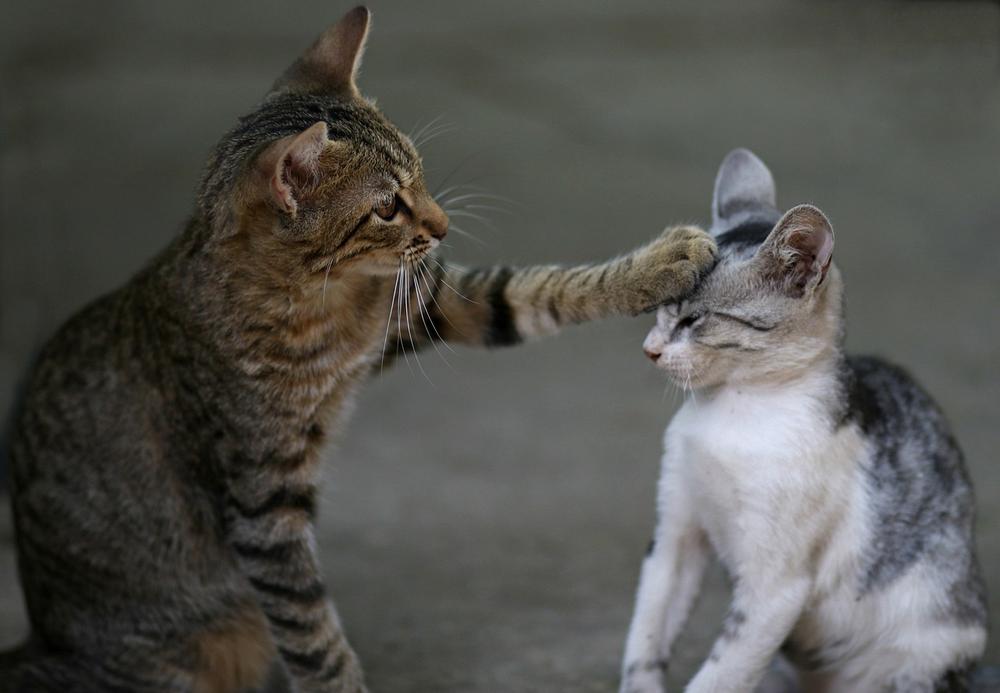Why Is Your Cat Sniffing Everything All of a Sudden? (Find Out!)

Picture this:
You're cuddled up on the couch, enjoying a cozy evening with your furry companion, when out of nowhere, your cat becomes an obsessive sniffer 😺.
Panic sets in. Could it be a sign of something serious?
Don't fret, let's find out together.
Possible Medical Causes for Increased Sniffing in Cats
Your cat may be sniffing more for a few different reasons. Let me break it down for you:
- If your cat has a respiratory infection, they might sniff more to clear their airways.
- Cats can have allergies just like humans, and that could make them sniff too.
- Sinus issues like blockages or inflammation can also lead to excessive sniffing.
- Dental problems such as toothaches or gum disease might be causing your cat to sniff more often.
- Lastly, sniffing can be a sign of frustration or anxiety in cats.
So, if you notice your cat sniffing a lot, pay close attention to their mood and daily habits.
Keep an eye out for any sudden changes or abnormal behavior.
In those cases, I strongly recommend reaching out to a veterinarian for help.

They'll examine your cat and provide the necessary treatment or advice.
You must prioritize your cat's health and well-being!
Furthermore, if you're concerned about your cat's behaviors after giving birth, I suggest checking out my informative guide Cat Not Using Litter Box After Giving Birth.
Addressing Anxiety and Stress as Potential Triggers for Excessive Sniffing in Cats
To address anxiety and stress as potential triggers for excessive sniffing in cats, consider the following steps:
- Provide a safe space with hiding spots and vertical perches.
- Use artificial feline pheromones like Feliway for relaxation and reassurance.
- Establish a healthy routine for your cat's overall well-being.
- Recognize changes in behavior as indicators of sadness or grief.
- Allow time for your cat to settle into new environments.
- Maintain a stress-free schedule.
Now, let me explain why these steps are important:
Cats thrive when they have a place to retreat to, so creating a safe space with hiding spots and vertical perches can reduce their stress levels and minimize excessive sniffing.
On top of that, artificial feline pheromones, such as Feliway, can help create a calming atmosphere and provide reassurance to your cat. 😺

Establishing a healthy routine for feeding, playtime, and sleep will keep your cat's physical and mental health in check, reducing overall stress.
You have to recognize behavioral changes, like excessive sniffing, as these may be signs of sadness or grief, especially after the loss of a companion.
When introducing your cat to a new environment, give them time to adjust and maintain a stress-free schedule to promote their comfort and contentment.
By following these steps, you can help address anxiety and stress in your cat, minimizing excessive sniffing and promoting a happy, relaxed furry friend.
And now, let's delve into other possible reasons behind your cat's sudden change in behavior of excessive sniffing!
Possible Behavioral Causes for Increased Sniffing in Cats
There are various possible behavioral causes for cats to engage in excessive sniffing.
Let's explore some of them:
- Sniffing as a way to communicate with other cats. Cats may sniff more around female cats, especially intact males during mating season.
- Neutering can reduce spraying and marking territory, reducing the need to sniff excessively as a way to attract mates.
- Sniffing can also be a form of expressing frustration or annoyance. If something is bothering your cat, sniffing may be their way of letting you know.
- Surprisingly, sniffing can be an act of love! When cats groom each other, they often sniff and bite each other's hair as a display of affection.
- Stress relief is another possible reason behind sniffing. For some cats, sniffing can help calm their nerves and provide a sense of relaxation.
- Cats may sniff to enjoy the taste while biting their own fur. It might sound unusual, but it's a behavior that some cats find pleasurable.
- New smells and changes in surroundings can trigger increased sniffing. Strong odors like disinfectants can be overwhelming for cats and cause discomfort.
By comprehending these underlying factors, you can more effectively interpret your feline's scent-related patterns and offer suitable nurturing and focus.
But here's the fascinating part about cats and their sense of smell that you may not know...
Understanding the Natural Instincts of Cats and Their Sniffing Behavior
| Behavior | Possible Reasons | Possible Solutions |
|---|---|---|
| Increased sniffing frequency | Exploration of new environment or objects, Habitual behavior, Increased curiosity | Allow cats to freely sniff and explore their surroundings, Provide a variety of toys and objects for sensory stimulation, Engage in interactive play to satisfy their curiosity |
| Sniffing specific areas or objects | Marking territory with scent, Investigating unfamiliar or intriguing scents | Ensure a clean litter box to discourage marking behavior, Introduce new scents gradually to prevent overwhelming reactions, Offer designated scratching posts to facilitate scent marking |
| Excessive sniffing of food or treats | Increased appetite or interest in food, Assessment of palatability or freshness of food | Consult a veterinarian to rule out any underlying health issues, Provide appropriate portion sizes and a balanced diet, Serve meals in interactive feeders to stimulate natural hunting behavior |
| Sniffing clothing or personal items | Seeking familiar scents for comfort or reassurance, Investigating new scents from visitors or changes in environment | Offer items with owner's scent, such as unwashed clothing or bedding, Provide safe hiding spots or cozy areas for relaxation, Gradually introduce new scents or visitors to reduce stress levels |
| Sniffing human body parts | Recognition of individuals through scent, Assessment of mood or familiarity | Allow cats to approach and interact on their own terms, Offer positive reinforcement and gentle petting when appropriate, Avoid sudden movements or loud noises that may startle the cat |
Cats sniff everything for a reason, my friend. It's all about understanding their instincts.
You know, the Flehmen Response isn't just some fancy mating move.
They do it when checking out new smells too.
Sniffing is crucial in their world.
Let me tell you something fascinating.
For cats, smell is everything.
It's more vital to them than anything else.
Their sense of smell is about 14 times stronger than ours, allowing them to find prey, learn about their environment, communicate with other cats, and even identify individuals, objects, and potential dangers.
Imagine having 200 million scent receptors tucked inside your cute cat nose.

That's what cats have, making their sense of smell almost 40 times more sensitive than ours.
Impressive, right?
But wait, there's more...
They've got special organs like the vomeronasal organ and Jacobson's organ that boost their sniffing powers.
These help them detect pheromones and analyze scents like a pro detective.
When your cat curls its lip and exposes those amazing sniffing devices, don't fret.
That's called the Flehmen Response, and it's totally normal.
Oh, and sniffing isn't just for investigation either.
It's how cats build confidence, show affection, and interact with others.
So, next time you see your furry buddy sniffing away at everything, remember they're using their sniffs to gather all the important info about the world.
Embrace those natural instincts, my friend.
Last word
Key Takeaways:
- Monitor changes in your cat's behavior and seek veterinarian advice if needed.
- Artificial feline pheromones like Feliway can help relax cats.
- Establish a healthy routine and provide time to adjust to new environments.
- Excessive sniffing may indicate sadness or grief, especially after losing a companion.
- Neutering can reduce spraying behavior in intact males.
- Sniffing and biting hair can be a form of love, stress relief, or enjoyment.
- Cats need time to adjust to new smells and changes in their surroundings.
- Their sense of smell is highly advanced, 14 times more sensitive than humans.
- Cats use sniffing as a means of communication, to gather information, and mark territory.
- Sniffing helps cats assess factors like scratching suitability and territory ownership.
And that wraps up today's article.
If you wish to read more of my useful articles, I recommend you check out some of these: Why Your Cat Loves Its Tail Scratched, Cat Digging in the Litter Box, What Does the Position of Your Cats Whiskers Mean, Cat Humping While Kneading, and Why Does My Cat Purr When He Sees Me
Talk soon,
-Sarah Davis